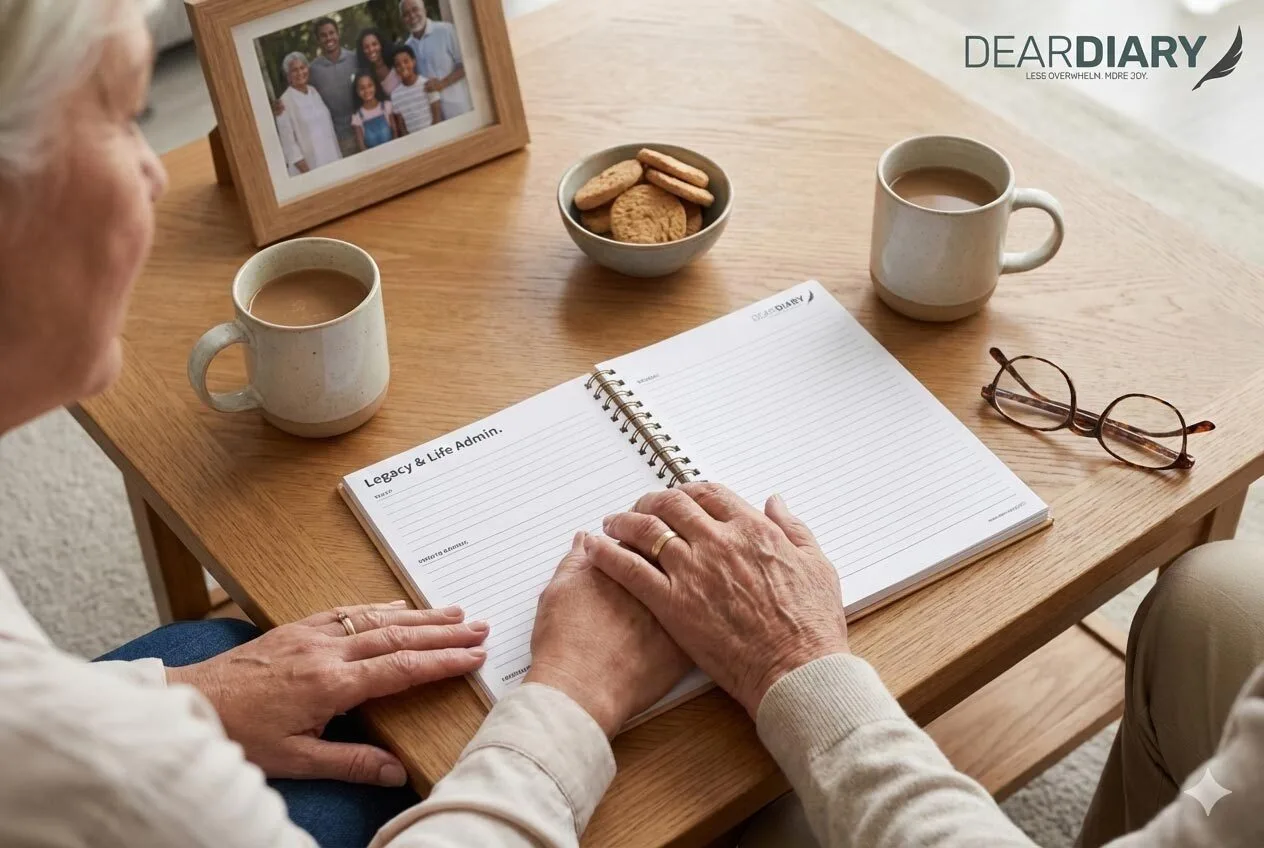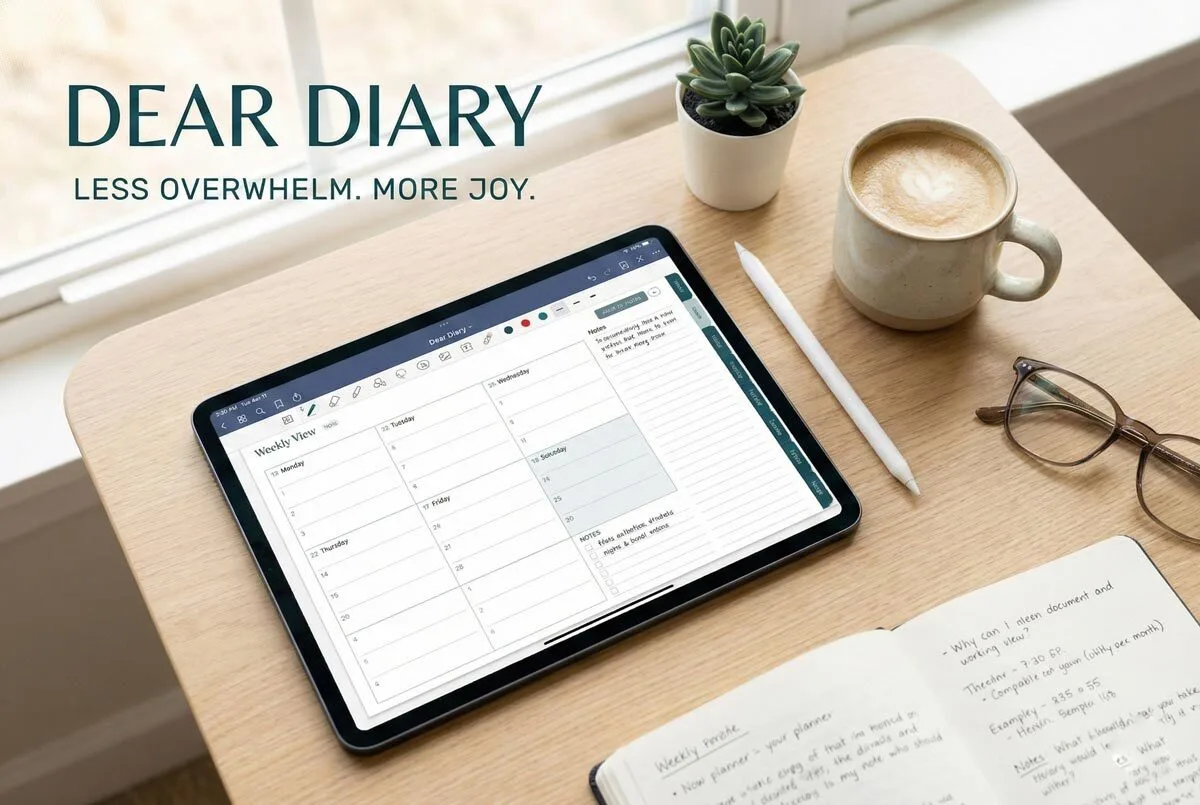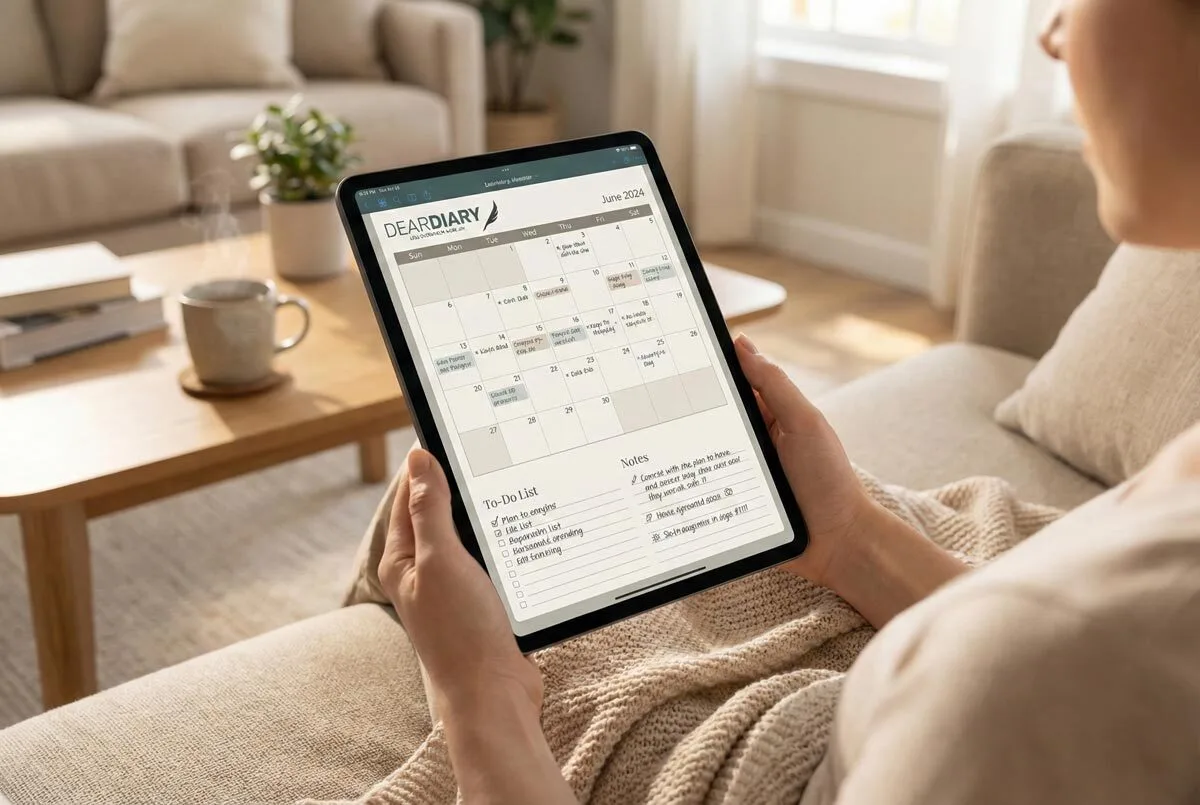The best self-reflection prompts dig deeper than “How was your day?” Focus on growth-orientated questions like “What risks did I take that taught me something significant?” or “Which of my strengths contributed most to recent accomplishments?” Try gratitude-based prompts: “What three ordinary things consistently bring me joy?” For emotional awareness, ask “How do I handle setbacks, and what patterns emerge?” Social reflection works through “When did I successfully comprehend someone else’s viewpoint?” These targeted questions reveal meaningful revelations about your decision-making, relationships, and personal development that surface-level observations simply can’t disclose.
When you’re stuck in the daily grind, self-reflection feels like luxury you can’t afford—but it’s actually the compass that guides your personal growth.
The right prompts change mindless introspection into purposeful revelation, helping you comprehend who you are and where you’re heading. Start with evaluating your personal growth by asking specific questions about skill improvements.
Transform aimless self-reflection into focused discovery through targeted prompts that reveal your true direction and illuminate personal growth patterns.
What writing, artistic, or scientific abilities have you developed recently? Identify which assignments, discussions, or projects contributed to these advances. Your biggest accomplishment this year connects directly to course structures or personal challenges you’ve tackled.
Don’t forget to examine the risks you’ve taken during creative or academic pursuits—they’re often your greatest teachers.
Gratitude and self-care prompts ground you in appreciation. List three ordinary things that consistently bring you joy—maybe it’s morning rooibos tea, your pet’s greeting, or fresh sheets. Write about aspects of your life you’re most grateful for, then craft strategies for prioritising self-care in daily routines.
Consider writing a love letter to an object or place that promotes happiness. Writing about positive experiences has been shown to reduce anxiety and stress levels. These exercises aren’t fluff; they’re foundation work for emotional resilience.
Self-perception prompts require honest assessment. List five personal strengths and analyse how they contribute to your achievements.
Define a specific, actionable six-month goal with clear implementation steps. Your core values shape every decision, so identify them and examine their significance to your identity. Recent mistakes offer useful lessons—what patterns do you notice in your decision-making?
Social interactions deserve careful reflection too.
Define what social awareness means to you, then describe experiences where you’ve successfully taken others’ viewpoints. Assess your communication effectiveness in relationships and consider what makes relationships healthy versus what causes them to fail. These revelations improve every interaction you’ll have.
Creative prompts reveal deeper comprehension. Draft a poem investigating personal themes or imagine writing your autobiography—what chapters would you include?
Reflect on books or films that have impacted you greatly. These exercises disclose your values and aspirations in unexpected ways.
Challenge and emotion management requires targeted reflection. Identify stress management techniques that actually work for you, not just ones that sound good.
Describe your coping mechanisms for setbacks and analyse decisions you’ve made in difficult scenarios. Count the number of decisions made in a day to understand how frequent choices shape your direction. How do you balance planning with flexibility when solving problems?
Finally, examine your daily habits through structured reflection. Document how you track responsibilities and devise strategies to enhance mindfulness in routines. Stream of consciousness writing captures your unfiltered thoughts and reveals patterns you might otherwise miss.
Create schedules that prioritise joyful activities and outline gratitude practices for consistent well-being. Many successful planners include dedicated habit tracking sections to monitor personal development progress consistently. Using a paperless solution can reduce clutter whilst maintaining the flexibility to duplicate and organise your reflection templates across multiple devices. Consider using daily pages to structure your reflection practice with consistent layouts and inspirational elements. Map out the thought processes that guide each step of your personal development journey. These practical prompts change reflection into actionable personal development. Incorporate monthly reflection practices that celebrate your progress and capture valuable lessons learnt throughout your journey.
Structured daily gratitude prompts can serve as powerful anchors for maintaining consistent reflection habits throughout your busy schedule.
Frequently Asked Questions
How Often Should I Practice Self-Reflection for Maximum Benefit?
You’ll maximise benefits by practising daily self-reflection for habit formation, weekly sessions for pattern recognition, and event-triggered reflection for immediate understanding. This combination develops self-awareness whilst maintaining motivation and strategic thinking.
What’s the Difference Between Self-Reflection and Meditation?
You’ll find self-reflection actively analyses your thoughts and experiences to gain understandings, whilst meditation trains you to observe thoughts without judgement, focusing on present-moment awareness and inner stillness.
Can Self-Reflection Be Harmful or Cause Negative Thoughts?
Yes, you’ll harm yourself if you focus excessively on negative experiences or ask “why” questions that trigger rumination. You’ll worsen depression and anxiety when you overanalyse failures without creating psychological distance.
Should I Write Down My Self-Reflection Responses or Think Them Through?
You should write down complex reflections involving goals, patterns, or emotional processing since writing improves retention and provides objective viewpoint. Use silent thinking for quick observations or immediate situations requiring fast mental processing.
How Long Should Each Self-Reflection Session Last?
You should aim for 10-minute sessions during regular self-assessment periods. This timeframe fits busy schedules whilst allowing meaningful reflection. For deeper project reviews, extend sessions to 30-60 minutes depending on complexity.






